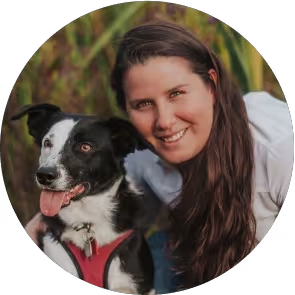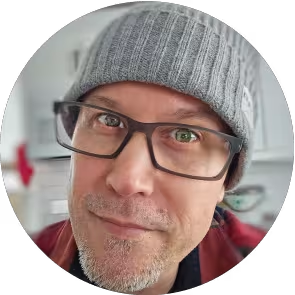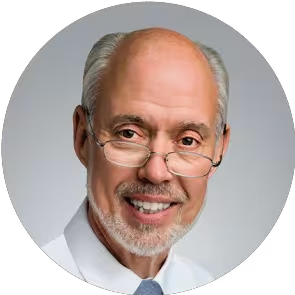Your Personal Recovery
Journey and the CHIME
framework for recovery
Your Personal Recovery Journey is a six-module program based on the CHIME
framework for personal recovery (Leamy M, Bird V, Le Boutillier C, Williams J,
Slade M (2011)). This framework describes five “recovery processes”, including:
– Connectedness
– Hope and optimism
– Identity
– Meaning
– Empowerment
The program offers participants
opportunities to explore their own
recovery paths
Participants will learn about recovery and about five processes that are important in life and in recovery (connections, hope and optimism, identity, meaning, and empowerment).
Participants will hear lived experience stories and ideas about the module topics through videos and discussions.
Participants will reflect on (i.e. think deeply or carefully about) and discuss thoughts that they have about their experiences (if they choose to share).
Participants will develop their own personal recovery strengths and discover ways that they can take what they learn and use it in their lives.
Our six modules
Each of the six modules offers information on the module topic, as well as a personal recovery story video, reflective exercises and opportunities for sharing and discussion, all to support participants in moving their recovery journeys forward and toward living their best lives.
Meet the advisory committee
Meet the members of the advisory committee who co-produced Your Personal Recovery Journey with the Schizophrenia Society of Canada. From co-creating the content, choosing the design elements, and reviewing and editing materials, these individuals from across Canada contributed their experience, their time, and their skills to make a difference in the lives of people with mental illness and mental health problems.

Allison Dunning
Allison Dunning has been dedicated to peer support services since 2016, beginning her journey as a peer support volunteer and advancing through roles as coordinator and manager to her current position as Executive Director of Peer Support Canada. She brings her lived and living experiences with mental health challenges to every aspect of her work. As a white cis-gendered female settler, Allison is committed to using her privilege to amplify the voices of those around her. Her leadership is grounded in empathy, authenticity, and a passion for creating inclusive and supportive communities. Allison also loves camping, canoeing and her dog, Bella.

Leif Harris
Leif Harris is a masters student in Sociology with a focus on youth homelessness. He has worked with different service providers that provide support with mental health challenges, homelessness and harm reduction. He has also presented and spoken at conferences and political summits on these topics.

Greg Hodge
Greg is a person with serious mental illness living experience. Currently employed as a Peer Support Specialist, Greg advocates, creates groups and supports clients with passion and empathy whilst remaining and enduring his own recovery. Greg believes that knowledge and empowerment are key to providing clients with the tools and skills to maintain their own recoveries; hence the importance of the Your Personal Recovery Journey program designed by the Schizophrenia Society.

Katrina Tinman-Dubois
Katrina Tinman-Dubois is a certified peer supporter certified by Peer Support Canada. Katrina joined this advisory committee to make a positive difference in an aspect of mental health. She is passionate about mental health and the value of the recovery lens and what peer support can do to help someone in need. Katrina also has a university education with studies that focused on Political Science, Criminal Justice, and Journalism.

Joseph Veres
Joseph Veres was raised on a farm in Central Alberta. He was diagnosed with Schizophrenia in 1993. He now lives with his amazing wife and really incredible daughter in the windy city of Lethbridge, Alberta. Joe also has worked as a peer support worker for more than ten years. He enjoys golfing, pickleball and painting, not necessarily in that order or on the same day.

Cam Webster
Cam Webster has a diagnosis of schizoaffective disorder. He was first hospitalized in the psychiatric hospital less than a month after his 19th birthday. He has made a full recovery and currently works as a peer support worker on an early psychosis intervention team. In his spare time he likes to train kickboxing, read books and play video games.
Maria Alvarez
Ernie Bart

Fran Schellenberg
Project Manager
Fran has had an extensive career in the field of mental health. She commenced her career on the front lines of community mental health and subsequently transitioned into a policy and planning role with the Government of Manitoba. Later, she became Executive Director of Mental Health, Addictions, and Spiritual Health within the provincial department of health. Since retiring, Fran has been involved in mental health through consultation projects focused on recovery and peer support. In her free time, Fran spends time with her family, travels, plays pickleball and pool, and enjoys connecting with nature.

Dr. Chris Summerville
CEO Schizophrenia Society of Canada
Chris Summerville has been involved with the schizophrenia-recovery movement for over 30 years. He has been the CEO of the Schizophrenia Society of Canada since 2007. He also served as the CEO of the Manitoba Schizophrenia Society for 25 years and as one of the first board members of the Mental Health Commission of Canada. As an advocate and activist he has championed the recovery philosophy and peer support.
